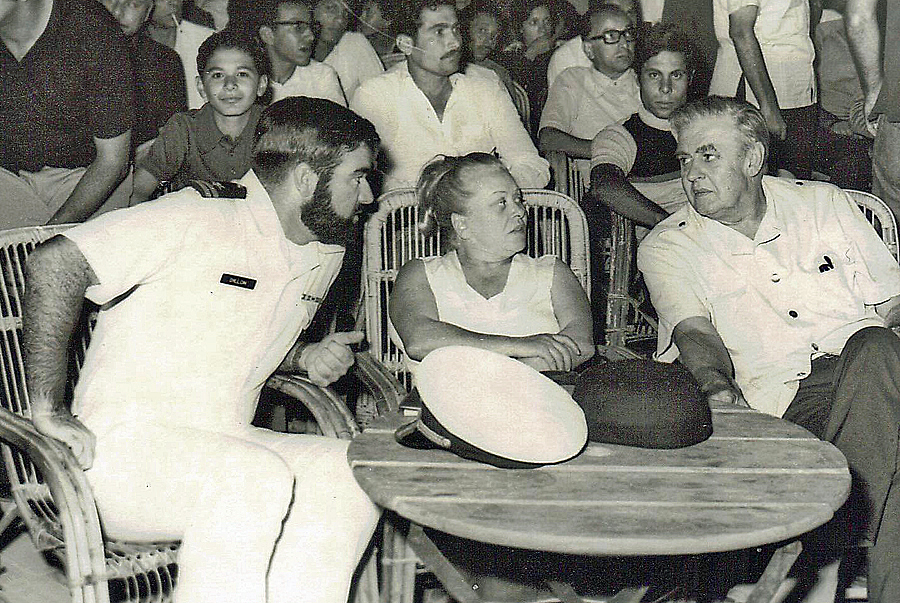By David Dillon © 2021
The funniest stand-up comic I ever saw performed in one of the least likely places on earth – along the west bank of the Suez Canal in Egypt.
It was 1974, and I was part of a military task force clearing the canal of sunken ships and unexploded bombs. As the public affairs officer, I worked with the world press to help them report on what we were doing.
There came a time during the summer that Gordon Gaskill, a roving editor for the Reader’s Digest, came to visit us. Gordon was a veteran international reporter. He had traveled the world for decades, reporting stories big and small.
He was one of the civilian correspondents who waded ashore at Omaha Beach, Normandy, on D-Day. Gordon had serious credibility as a reporter.
As his host at the Canal, I arranged a few days housing for Gordon and his wife near our headquarters. I also drove them around to see where the U.S., British, French, and Egyptian military forces were working and what they were doing.
On the second day the Gaskills were in town, I got word from the Suez Canal Authority that we were invited to a special variety show that evening. After dinner, I picked up Gordon and his wife and drove us to a small, outdoor venue beside the canal. Although the sun had set, the air was warm and sticky. We were seated at a table up front.
With minimal introduction, the show started.
The first act was an Egyptian band playing traditional music – loud and fast. The audience — local citizens and Suez Canal Authority workers — showed their enthusiasm.
Then three tall, thin men in flowing white robes and turbans took the stage. As the band started playing, the men began spinning. They were whirling dervishes. It is said that Rumi, the famed 13th Century Persian poet, Islamic theologian, and Sufi mystic, created the dance to express his religious belief.
When the dervishes were finished, they left the stage to even more applause than the band got.
Next up was a belly dancer – something more familiar to our western eyes. She was a professional from Cairo. Egypt is considered the birthplace of the dance form, so she would be among the best.
The band started playing again, this time accompanied by raucous wailing horns, and the dancer began doing her thing. She started slowly but gradually built up speed — undulating her abdomen and tossing her considerable hips from side to side.
Though Egyptian, the woman better resembled a Wagnerian soprano. As she thundered her way through her routine, her size added to the drama of the event. Again, the crowd went wild, and she left the stage to a standing ovation.
The final act that night was a comedian. They gave him a quick introduction, but I didn’t get his name.
Up pops a guy in a baggy suit, no tie, and wearing sandals. Holding the microphone in one hand, he waved wildly with the other to make his points.
It was a rapid-fire, Henny Youngman-style performance. He had lots of stories to tell, so on and on he went, telling joke after joke. The audience loved them all.
Throughout the routine, Mr. Gaskill, his wife, and I would look at each other every time the audience laughed, and then we joined them. After a while, though, we were laughing harder than anybody else.
You know that fabled point you reach where you laugh so much your sides hurt? We reached it. We were in pain, but we couldn’t stop ourselves.
Why did we laugh so much?
Well truth be told, the whole routine was in Arabic, and neither Gordon, nor I, nor his Italian wife could pick out more than a few, disjointed words.
Since we couldn’t understand what the guy was saying, we could only look at each other and laugh at the absurdity of the situation. The jokes were funny because, and only because, we couldn’t understand them.
That’s why I call this guy the World’s Greatest Comedian; he made us laugh even though we had no idea what he was saying.
It was pure artistry.


